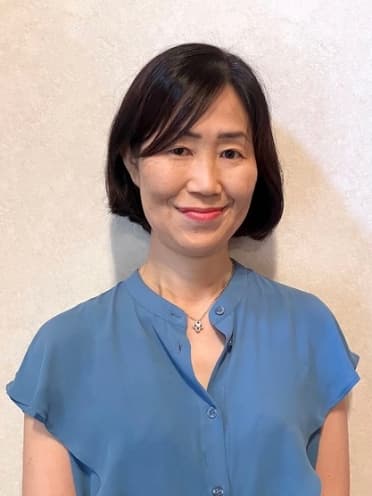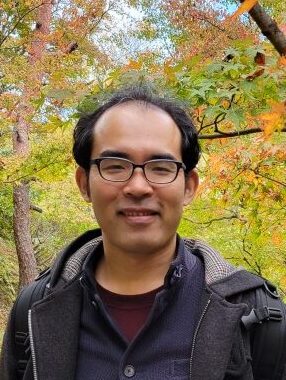Concepts and History
Creative Concepts in Embodied Contexts: A Dialogue between Intellectual History and Material Culture
The advancement of the digital society has facilitated the disembodiment of thought, however, it has also stripped people, objects, and everyday events of their context and uniqueness, accelerating data-centered recognition and evaluation through quantification. This project highlights the potential of abstract concepts in data-driven societies to generate and transform everyday experiences in combination with sensory experiences. To acknowledge that any person, object or event is not merely a “totality of information” is to seek its essence, whether human or non-human, and to reflect on the dignity inherent in each individual.
This endeavour challenges us to reconsider abstract concepts from a first-person perspective within the context of everyday life. When abstract concepts emerge as meaningful entities, they possess the power to generate and transform an interconnected network of people, objects, and events in the everyday world, undergoing a process of “embodiment.” As these concepts gain impact, they not only become embedded in the everyday world as tangible “things,” but also invite us to engage with the web of mutual responses through the five senses. For example, the concept of “care” cannot be fully understood without the sensory experience of touch, such as holding a friend’s hand or feeling the warmth of embracing a baby or an elderly person. The sensation of “touching” as a concept is essential and yet challenging to fully articulate. In a digitalized network, this sense of touch becomes more difficult to experience, and its tacit, self-evident nature and value can be questioned.
In this context, this project aims to restore the “touch of thought” through its intersection with “dignity,” and create new points of contact between “concepts and the sense of everyday life,” with literature and culture serving as the central focus. The project will facilitate activities that combine theorization and practice on campus, grounded in the intersection of two approaches: intellectual history, which explores the distribution environment and circulation forms of concepts, and material culture, which focuses on the design of language and material objects.


